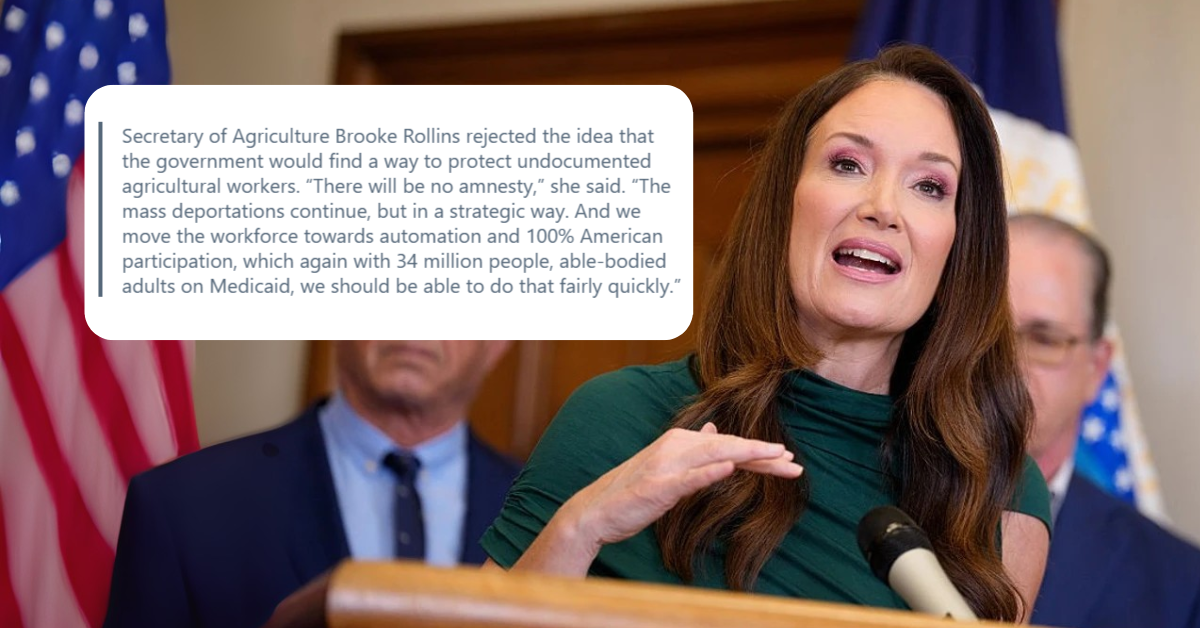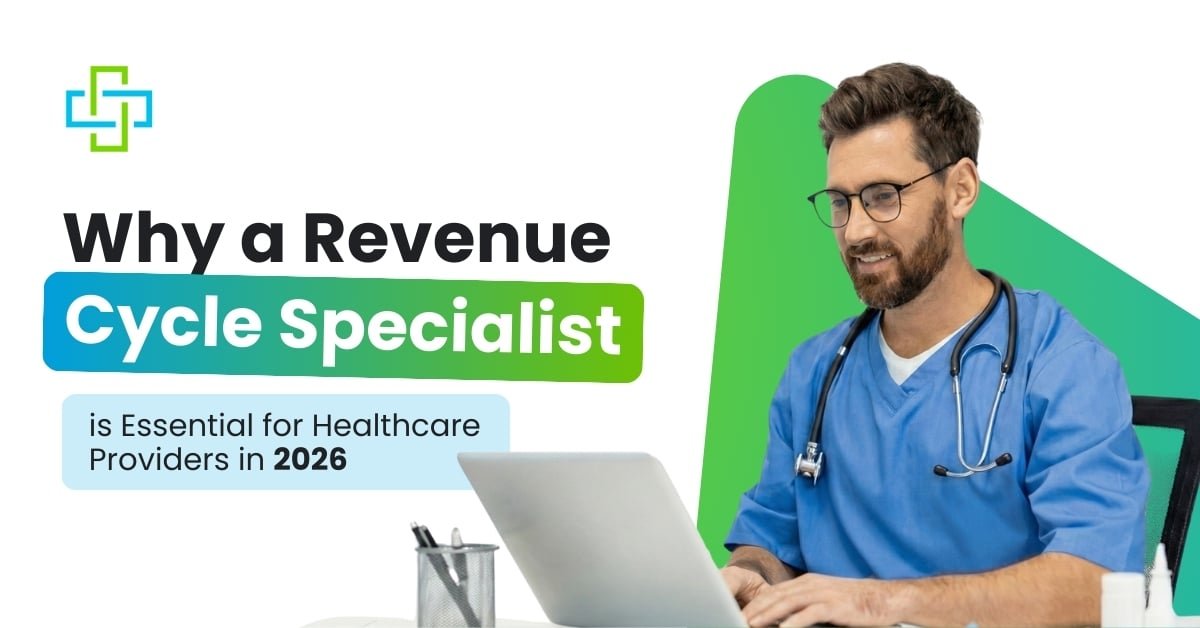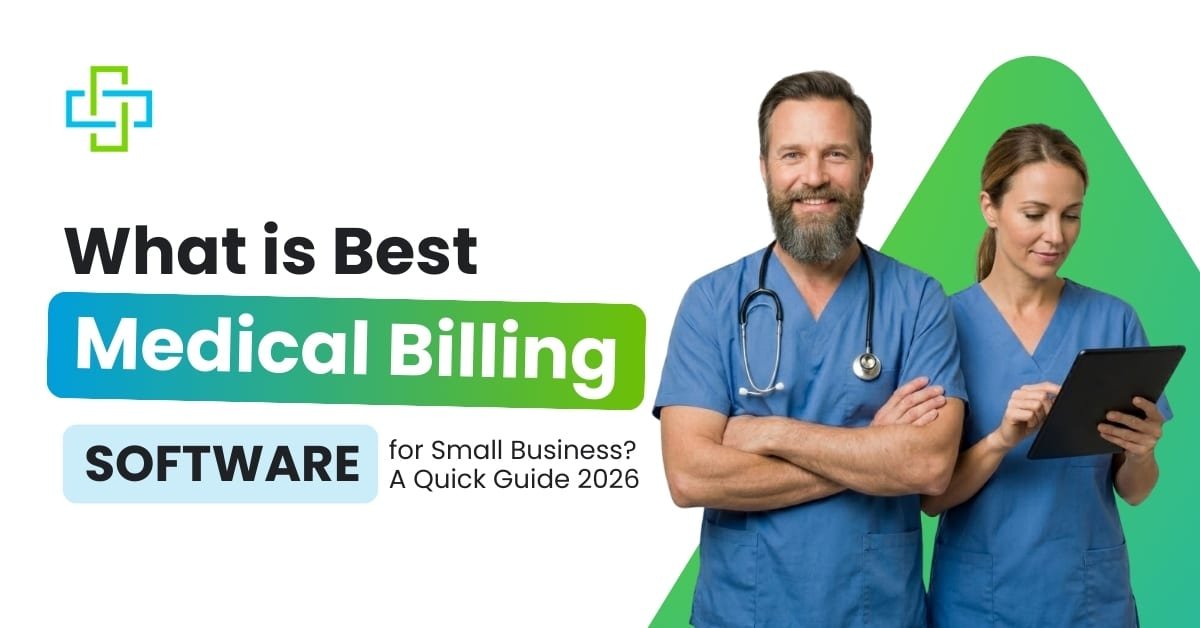The One Big Beautiful Bill Act, which just passed the House, includes some big changes to the ACA marketplaces. Millions of people could lose their health insurance, and others could have a more difficult time getting covered.
It lowers tax credits that make buying insurance more affordable for people, which can increase premiums.
The Congressional Budget Office estimates that some 3 million could lose their current coverage. Moreover, that figure does not include those who will lose coverage when temporary increases to tax credits expire in late 2025.
Why Does One Big Beautiful Bill Act (OBBBA) Matter?
The A.C.A. marketplaces make it possible for millions of Americans, often those who are self-employed or work two or three part-time jobs, or who own small businesses, to get quality, affordable health care.
The vast majority of marketplace users have low or moderate incomes and depend on the federal tax credits to reduce their monthly insurance payments.
If these folks lose their insurance, they will still go to hospitals when they need care, often through the E.R. This can fill hospitals to capacity, increase wait times and push up costs for everyone in what is often described as a “hidden tax.”
That’s why the American Hospital Association (AHA) is calling on the Senate to stop these damaging reforms.
Marketplace Background
- More than 24 million people enrolled in marketplace plans in 2025.
- 90%+ of them get federal tax credits that help pay for their plans.
- Those credits were temporarily expanded in 2021 but that expansion will end in 2025.
- Many of its beneficiaries live at 100–250% of the federal poverty line.
What the OBBBA Law Changes?
The OBBBA has some entirely new rules, and, taken in combination, well over 3 million people could be at risk of losing that coverage:
Ends Automatic Re Enrollment
Individuals will now have to reapply for their tax credits every year in order to retain them. Forget about the deadline or miss it, and they’ll lose coverage or pay higher premiums.
Removes Provisional Coverage
Now, people buy temporary coverage until their application goes through. They would pay full-price premiums until they were approved under OBBBA.
No Limit on Tax Repayment
If a person experiences a change in income in the middle of the year, and receives too many tax credits, they’ll have to pay it all back, even if they earn minimal wages.
Shortens Enrollment Window
The period during which people can sign up will be shortened from Nov. 1–Jan. 15 to Nov. 1–Dec. 15. In 2025, 40 percent of people who signed up after Dec. 15, so many could miss the deadline.
Ends Special Enrollment for Low-Income
Income-based special sign-up periods will be eliminated, making it more difficult for lower-income people to sign up outside the regular window.
Adds More Paperwork
Those in the 100–400 percent of poverty level will face more income checks, struggling to wade through a more cumbersome process.
Cuts Tax Credit Value
The law alters the way the cost-sharing reductions operate, and they could result in less generous plans and higher premiums beginning in 2026. Some insurers may decide to exit the market altogether.
Does Not Extend The Boosted Tax Credits
The law doesn’t extend the higher premium tax credit boost that was set to expire at the end of 2025. If not extended:
- Premiums would rise by an average of $700 a year.
- 4.2 million additional people could become uninsured.
The Overall Impact?
Under these changes, experts say that some 30 percent of the people who are now in marketplaces could lose their health insurance. That could be destabilizing for the A.C.A. marketplace, increase the ranks of uninsured and require hospitals to provide more free care to the uninsured, adding to costs for everyone.
Final Thoughts
The OBBBA may sound like a step forward, but for tens of millions of Americans, it poses an existential threat to affordable health care. The Senate has the opportunity to step in now and do what it can to protect the ACA marketplaces before any more families lose the coverage they are counting on.
Are you worried about how these changes might affect your healthcare practice? Prime Well Med Solutions is here. We can help you stay on track and keep your finances strong.
Contact us today!





